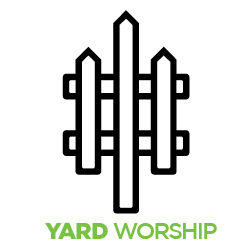CURB APPEAL IN WINTER
How to Feng Shui Your Entryway
The post How to Feng Shui Your Entryway appeared first on Homedit.
Aside from the front door itself, the entryway (or foyer) is the critical space in our home for first impressions. In fact, feng shui considers this area (including the front door) the mouth of qi, from which all opportunities flow into our lives. It’s a space of transition, shifting from your instincts’ high-alert status (outside…
When choosing a piece of artwork for your home, there are certain considerations to take into account. Flowers or fruits are one of the safest design options to go for and don’t negatively influence the energy in your entryway. Avoid images of wild animals, as these can bring chaos into your home and even put you in a bad mood. If you don’t feel like adding art to your walls, add a pretty mirror, a little water feature, or a carpet to your entryway.
Top Tips to Help Feng Shui Your Home’s Entryway
The post How to Feng Shui Your Entryway appeared first on Homedit.

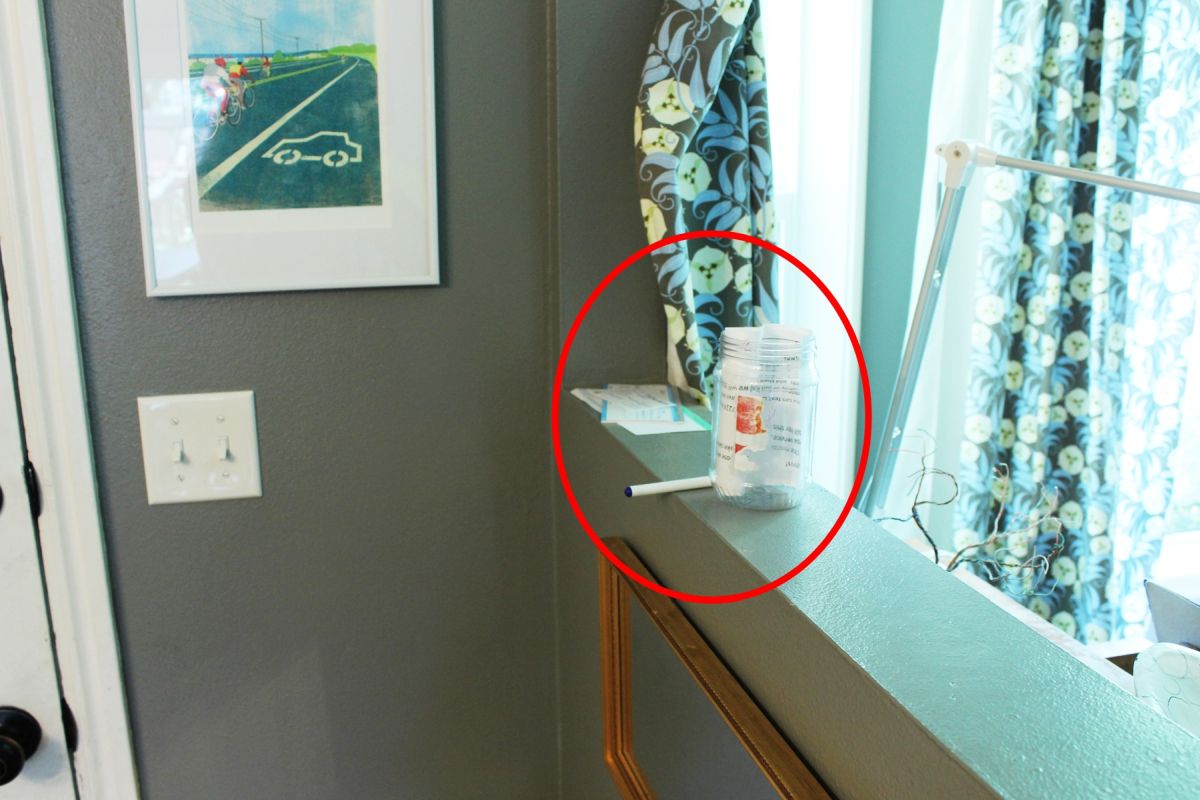
In feng shui, plant life is one of the easiest and most effective ways to infuse a space with vitality and positive energy. In addition, for those entries that need a little help in creating or maintaining their distinct footprint, a large plant can serve as a “wall” or buffer of sorts, creating a visual barrier just where you need it.

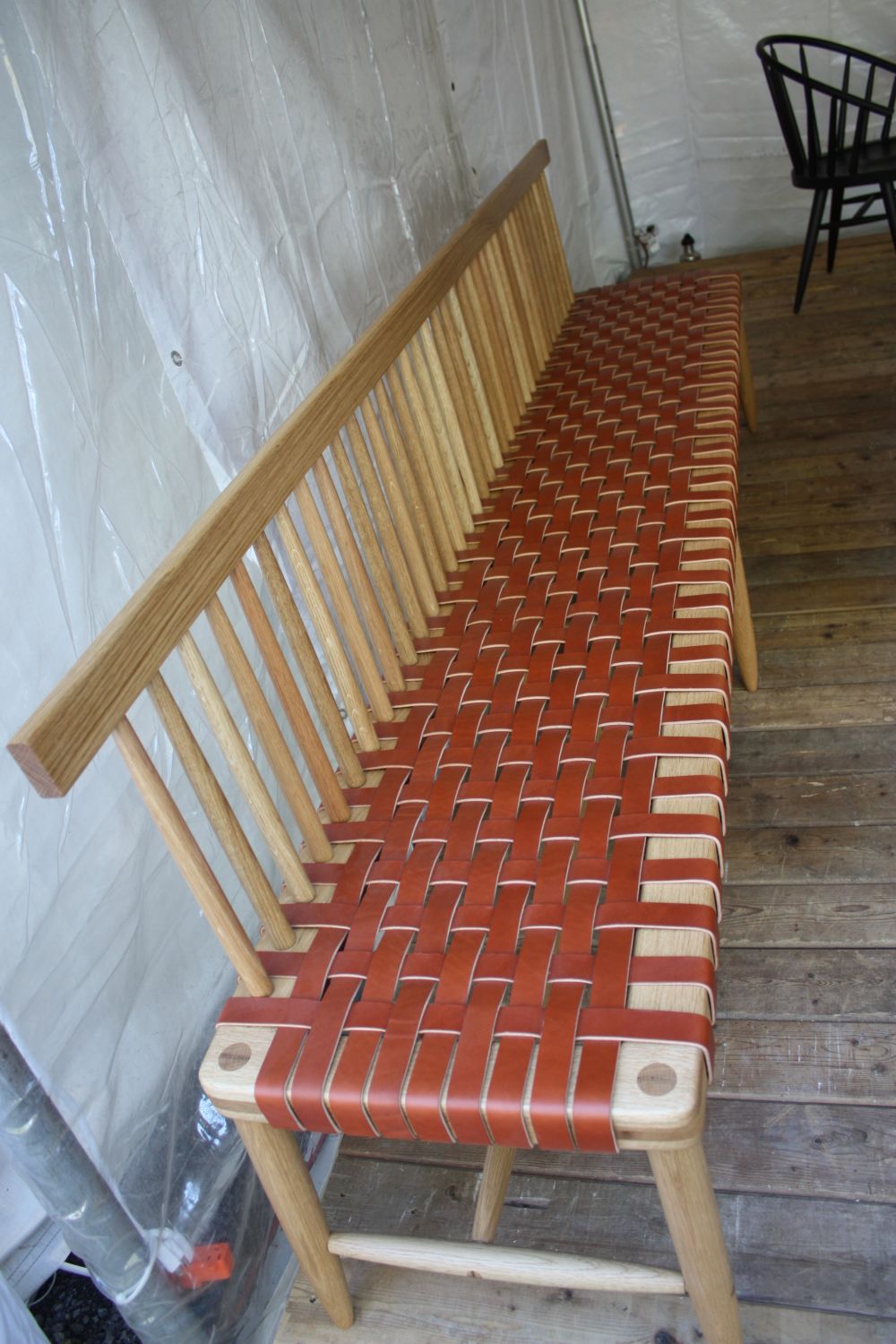
Amateur Corner: A Real-Life Application for a Feng Shui Entryway
Entryways can be quite small spaces, relative to other rooms in the home. This isn’t always the case, of course, but if it is, lighting is going to be key. In any feng shui design, small spaces that are dark are considered mood depressors. Good feng shui recommends that lighter entry colors are generally more desirable, as is overhead lighting.
Feng Shui Entryway #1: Avoid displaying personal items.
If you don’t already have a good organizational system, it’s time to start thinking about adding one to your entryway. Everything in your entryway should be there for a purpose, and you’ll want to choose useful pieces of furniture and accessories that won’t block you and your visitor’s path. The entryway sets the tone for the whole house in feng shui, and if you return home from work each day to a cluttered home, you’ll immediately take on that energy within your body and feel stressed. If you have an organized entryway, you’ll instantly feel at peace upon entry to your home, ready to relax after a busy day at work.
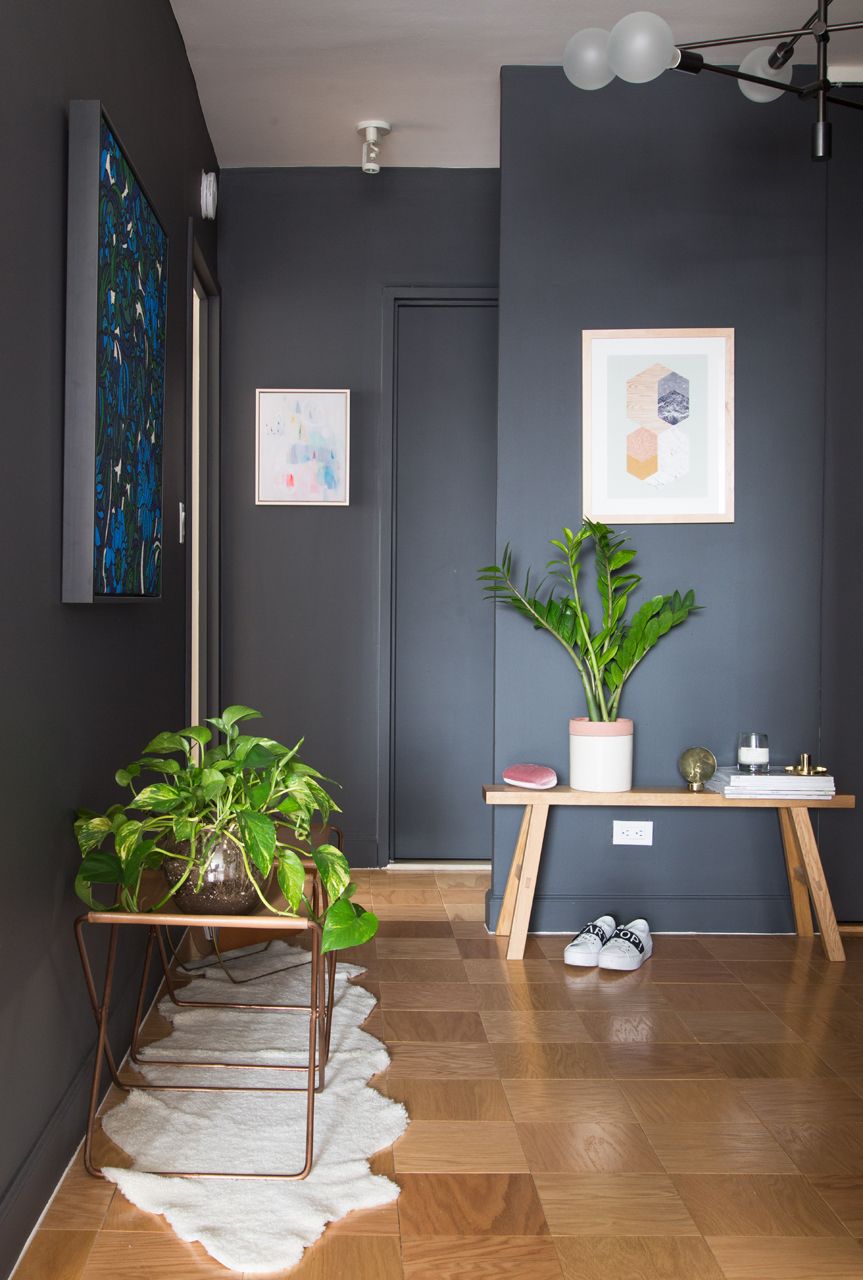
Feng Shui Entryway #2: Display art.
In fact, clutter is never welcome in a feng shui space, and the entryway is certainly no exception. Clutter provides physical and visual blockages, disrupting the flow of energy immediately, and creating a disjointed feeling in the space. Provide places to put things that are commonly shed at the door – a tray on a console for keys and mail, hooks on the wall for coats and hats, etc.
(Interesting tidbit: In feng shui, a red front door attracts positive energy into the home. A black front door attracts wealth into the home. Not sure about what a red-and-black door would do, though…)
That’s not to say that the entryway should be personality-free. Exactly the opposite! The feng shui entryway is a perfect place to hang beautiful artwork. It sets the tone for the entire home, really, so make sure that your entry’s art has a calming, positive effect on viewers. Balanced by a small table or shelf underneath, the art will welcome visitors and residents alike into the home time after time.
Feng Shui Entryway #3: Include all five feng shui elements in the entryway.
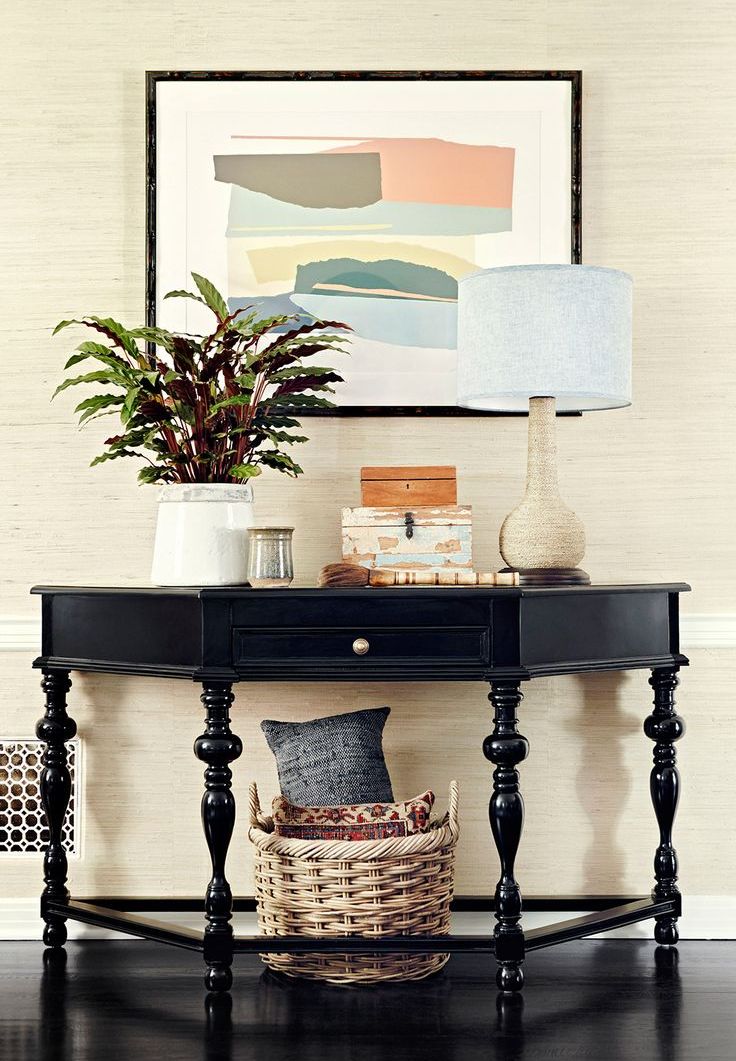
A lamp or some secondary light source by the front door, where possible, is another way to improve the lighting options for the entryway. Imagine returning home in the evening with a soft light on to welcome you home; doesn’t that just feel cozy?
A couple of positive feng shui aspects of this entryway include a barrier wall to identify the entryway, a cut-out within the wall to provide visual access to and from the entryway into the living room, a mirror on the sidewall, shoe storage, and a bench. While the entryway itself does not contain greenery, there is a houseplant within the direct eye line when coming in from the outside, which counts. Removing some of the shoes in the shoe storage would be a good idea to lighten up the entryway’s feel of freshness. The wood on the storage bench is an easy way to incorporate one of the five elements in your home’s entryway, while also providing a practical solution for your storage needs.
Feng Shui Entryway #4: Hang a mirror strategically.
Arrange the entryway in such a way that a visitor will know instinctively what is expected and where to go, due solely to the flow of the space itself. Use visual cues, such as artwork, or physical cues, such as rugs, to help your visitor navigate the space seamlessly and comfortably.


This home’s entryway is a few steps into a hallway area that is essentially the hub of the upstairs. The living room, dining room, bedroom hallway, and stairway to the basement all touch upon the entryway area. This is not an ideal layout for feng shui, but it is what it is. Let’s discuss a couple of things about the entryway that this article has touched on, positive and negative.
For the entryway that isn’t an entryway, meaning the home whose front door literally opens into the living room or a hallway or similar, it’s important in feng shui to create a space that buffers the outside energy rushing into the space when the door is open. This might be achieved with an area rug and a coat rack and chair – something at all the height levels that accommodates the person entering gracefully and allows them to pause.
Feng Shui Entryway #5: Make the entryway’s flow instinctive.
A feng shui entryway in a studio apartment is going to look different than a feng shui entryway in a large rambler. But the vibe of each will be quite similar – welcoming, restful, and entrancing.
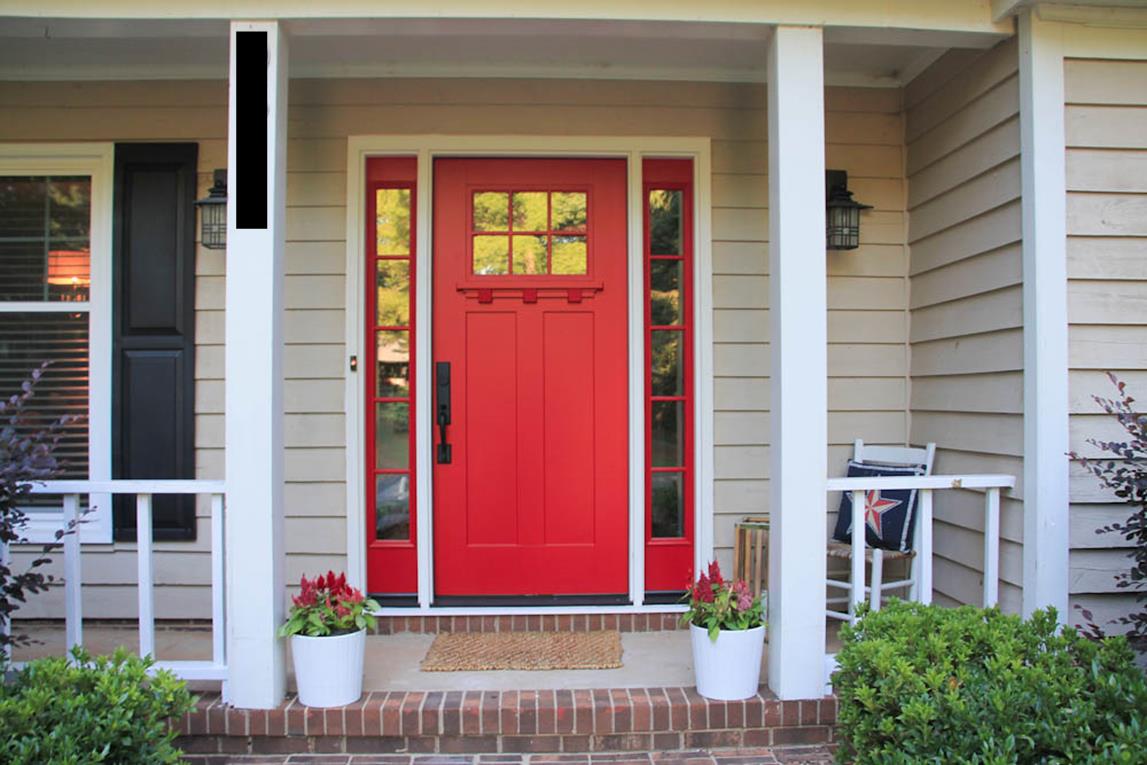
Feng Shui Entryway #6: Remove hindrances to the door’s opening and closing.
Mirrors are great for making a small or even tiny entryway feel a bit more expansive because they reflect light and visually enlarge a space. In feng shui, this is a good thing, as long as one remembers that mirrors don’t reflect selectively. That is to say, they reflect everything – the good and the bad. Give your mirror only positive things to reflect (like no hard edges), and your feng shui entryway will reap the benefits.



The five elements of feng shui (e.g., water, fire, earth, metal, and wood) are critical to any space’s balance and positive qi. When all are represented in the entryway, a sense of balance and well-being will permeate the space. While you may have a few of these elements already present in your home’s entryway, it’s important to incorporate all five elements so they can work together to create balance and harmony. When one or more of the elements are missing from your home, your body and home environment can be left feeling out of balance.
Feng Shui Entryway #7: Use lighting effectively.


Positioning two plants on either side of your home’s door can bring good energy into your home. This is one of the best places to place plants and flowers, as it slows down chi before it enters your home. It’s good to slow down fast-moving energy before it arrives in your house, as it can be harmful to your home’s health. Plants in this area also add to your home’s natural wood energy. Wood can repel any negative energy, and big plants are ideal for this purpose. While large plants can make a huge difference to the energy by themselves, you’ll need to consider adding multiple smaller plants to your home entryway to have the same impact.
Few things are as unsettling when being introduced to a space as not feeling fully invited in, and that is exactly what happens when a front door can’t open fully, or when a person can’t step safely inside when the door is open. Remove any blockages, such as shoes, coats, umbrellas, bags, etc. As a long-term solution, provide intuitive shoe storage by the front door and hangers or hooks for other objects. A chair or bench is a nice touch, as it provides a place to sit while shoes are removed.
The entryway to your home is one of the key areas to apply feng shui to. As you can see, it’s not too difficult to incorporate the five key elements into this area, and you’ll find it can completely transform the energy of your home for both your family and any visitors. Adding a mirror in the correct placement, a few plants, and the five elements will give your entryway a much-needed refresh this year. Try to eliminate all clutter from this area to cultivate a good feng shui entryway and a feeling of peace and relaxation as you enter your home after work.
Feng Shui Entryway #8: Use greenery or fresh flowers.
Poor, or non-existent, feng shui in the entryway involves displaying highly personal items. This is because the entryway is considered to be one of the most public spaces in our home. Family photos, for example, are better displayed in more private areas of the house. Save your family photos or trinkets for your bedroom, where they will be enjoyed and appreciated by you every day.
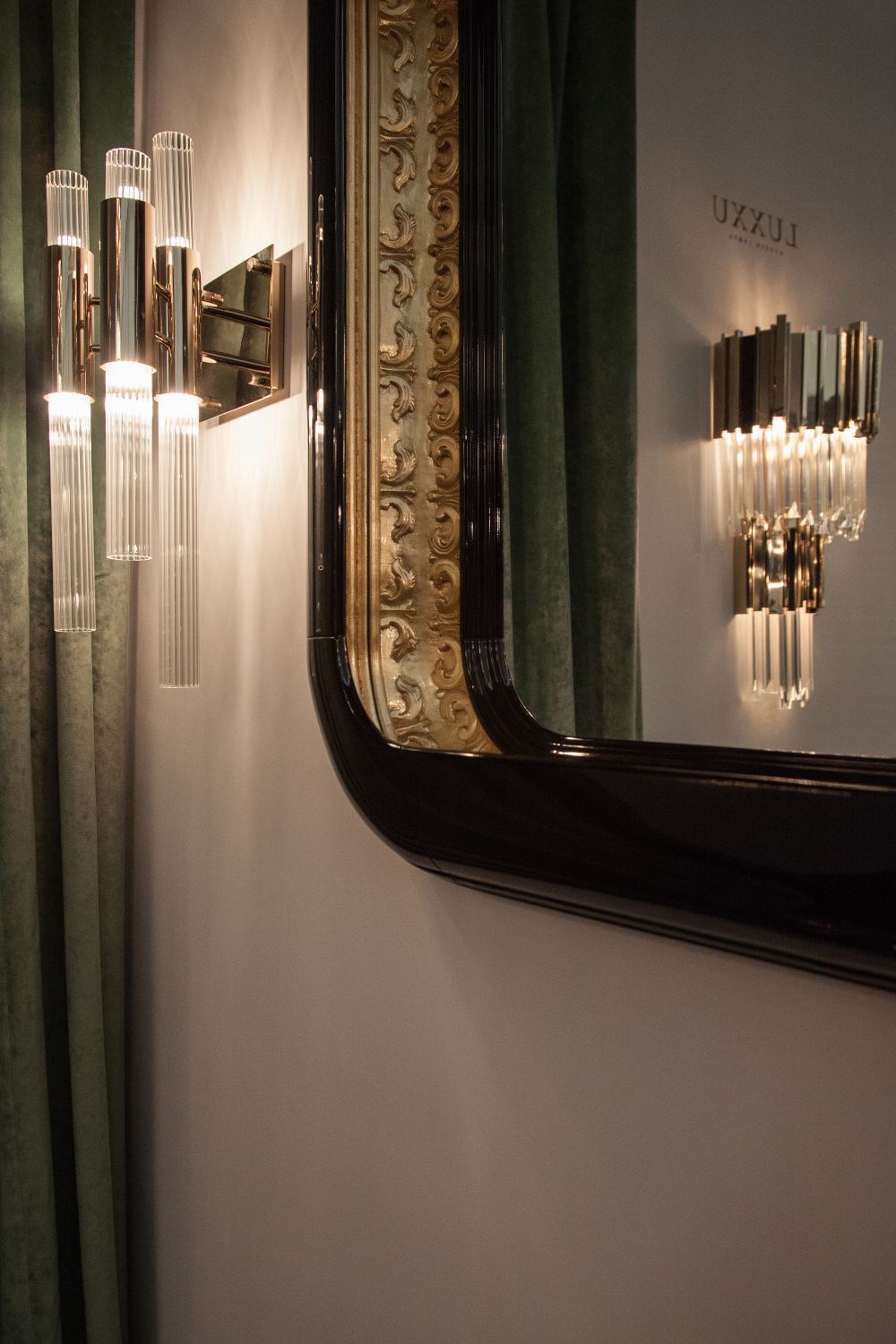

Mirrors are a subject of dispute in the feng shui entryway, although the key is not whether or not to hang a mirror in the mirror, but rather where to hang it. Mirrors are a thoughtful installation in the entryway, useful for last-minute check-ups before entering fully or leaving the home. However, hanging a mirror directly opposite the front door in the entryway is bad feng shui, because it is believed to send qi right back out the door via reflective properties. (In this instance, qi is associated with wealth.)
Try to have lights at various heights throughout your entryway by adding a ceiling light and then a separate lamp. If you have windows in the entryway, use roller blinds to maximize the natural light your home experiences while also offering privacy as needed. An entryway should be well lit to create a welcoming energy in your home. Have good lighting from both inside and outside sources, and enjoy welcoming natural light into your home as much as possible. Open the windows in your entryway to cleanse the energy of your room regularly.

A simple rug of Flor tiles is one of the primary factors in delineating what is “entryway” versus what is the rest of the house.
The placement of the mirror and plant within this home are excellent examples of adding these items into an entryway. You don’t need to have a huge space for a plant such as this, and the rounded leaves create a welcoming environment in any home. Bringing a little bit of the outdoors into what is otherwise quite a dark and dingy space is a great solution for an entryway without much natural light. We recommend adding a small lamp or pretty overhead light into this area, to add multiple sources of light to the entryway.
Water can be added by way of a small water feature in your entryway if you are feeling particularly fancy, but touches of blue paint or curvy designs would also work. Fire is the element you need to be most careful with, as adding too much red into your entryway can be dangerous to the feng shui of your home. Earth is represented by neutral tones, such as creams and browns, which are easy to add to your walls or furniture. Crystals are also another great way to add this element to your home. Metal is easy to add to your home and is present on a lot of accessories or furniture items. Finally, wood may find its way into your entryway with a bench or small table, or you could add real plants to your home for a touch of feng shui.

Aside from the front door itself, the entryway (or foyer) is the critical space in our home for first impressions. In fact, feng shui considers this area (including the front door) the mouth of qi, from which all opportunities flow into our lives. It’s a space of transition, shifting from your instincts’ high-alert status (outside in the busy, hustling world) to their more relaxed and comfortable state (in a safe, comforting home’s interior). The success of a good feng shui entryway is not really about what particular entryway it is, but rather what has been done with the entryway no matter what it is.
Place your entryway mirror perpendicular to your front door. When you decide to hang up a mirror, try to associate a certain intention with it to bring good energy to you and your home. When you get further into your home in the hallway, mirrors can be placed almost anywhere for positive energy. You may want to avoid putting a mirror at the end of a hallway, as this can slow down the energy flow around your house. On a landing or staircase, a mirror is a great way of expanding the space around you.
One thing that’s key to remember in feng shui is that dead plants are not a good addition to your home. Ensure any plants you add to your home’s entryway are well looked after to extend their life and offer good energy to your home. Dead plants symbolize death and will reduce the positive energy in your home. The type of plants you introduce into your space is also crucial for creating good feng shui. Where possible, opt for plants with round leaves, as opposed to pointy leaves. A Jade plant is a fantastic addition to any entryway if you have enough space and sunlight to allow for one. Other good options for home entryways include a rubber plant or Chinese money plant, both of which have round leaves and are easy to maintain.
The first feng shui application undergone was the removal of all clutter and trash. This “shelf” directly inside the door is so tempting to place things that don’t have a convenient home, it sometimes becomes a dropping ground for junk. Broken and damaged objects should be removed from your home, and if something is really important, it should be fixed so it can serve its true purpose. You can thank any items you are removing for the joy and use they gave you at the time and then move them on to a new home.


